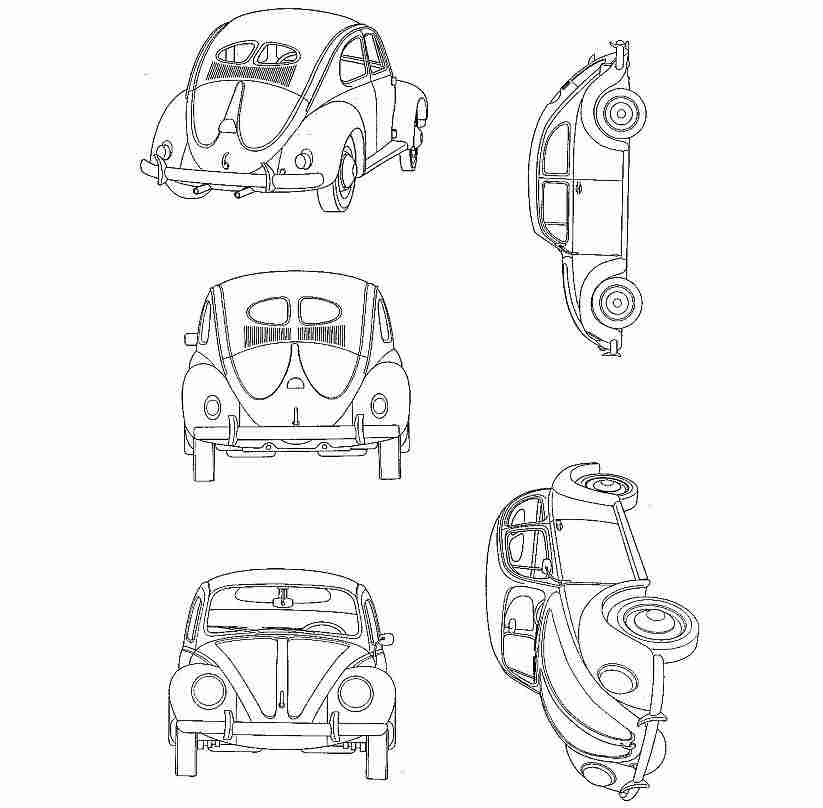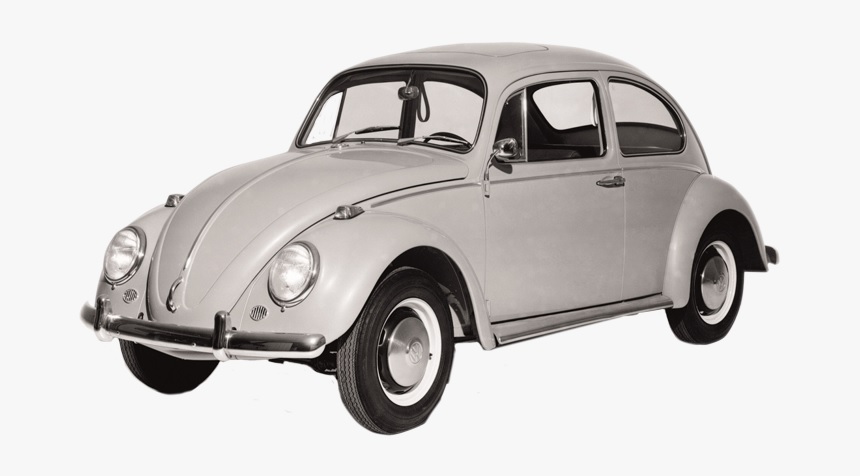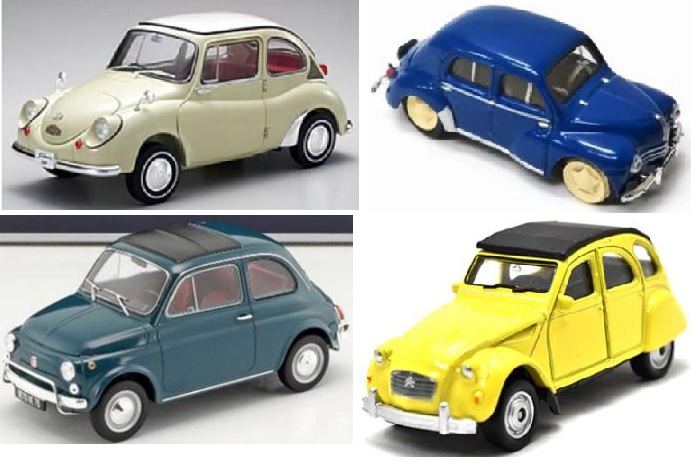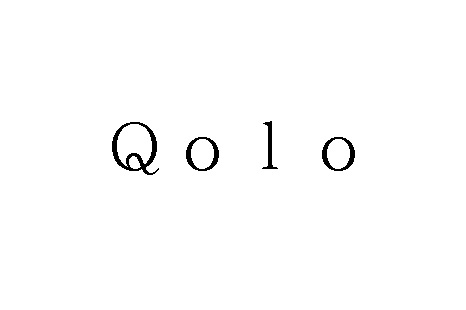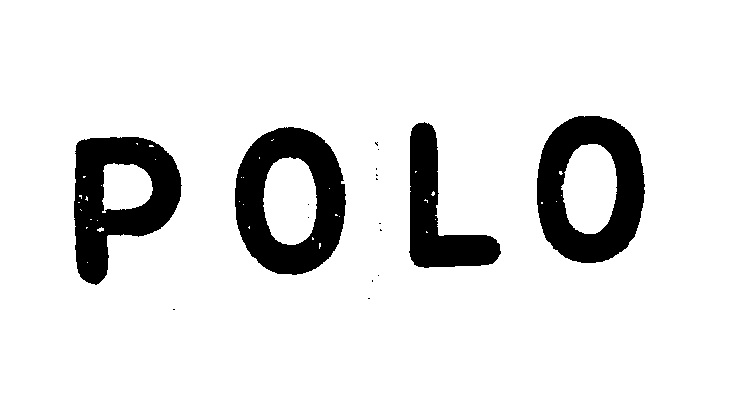The Japan Patent Office (JPO) did not side with Volkswagen AG in an opposition against TM Reg no. 6365340 for device mark containing a depiction of a van-type red car by finding unlikelihood of confusion with Volkswagen Type-2.
[Opposition case no. 2021-900210, decided on September 14, 2023]Opposed mark
Sur Andino SA, a Chilean wine grower and producer, filed a trademark application for device mark containing a depiction of a van-type red car (see below) to be used on wines in class 33 with the JPO on February 5, 2020.

The JPO granted protection of the opposed mark on March 9, 2021 and published is for a post-grant opposition on April 6, 2021.
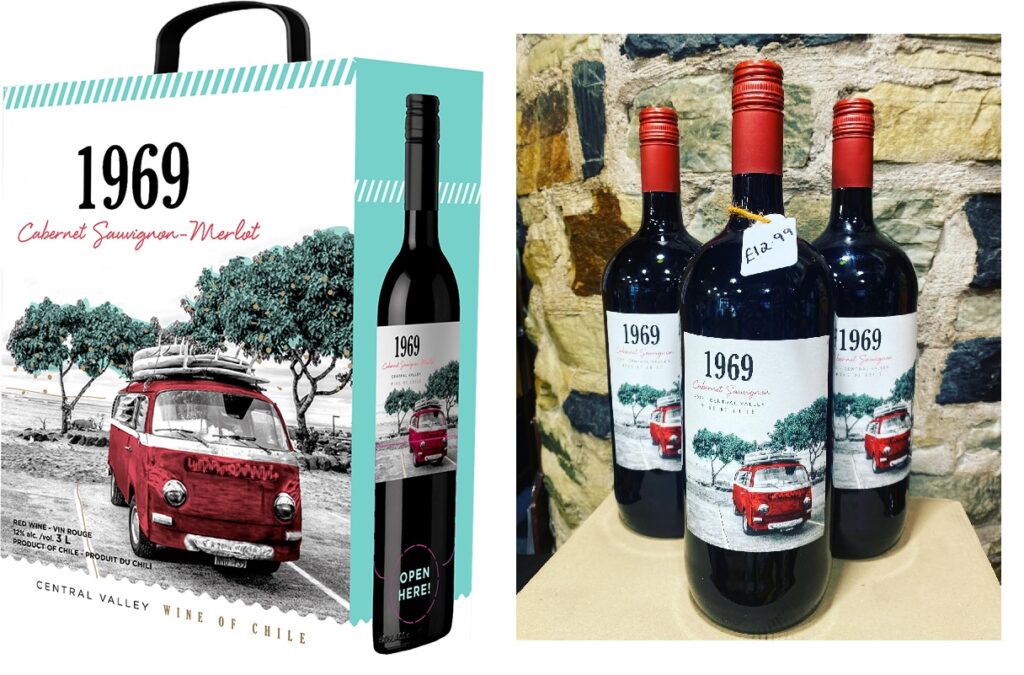
Opposition by Volkswagen
On June 7, 2021, just before the lapse of a two-month statutory period counting from the publication date, Volkswagen AG filed an opposition and claimed the opposed mark shall be cancelled in contravention of Article 4(1)(vii), (xv) and (xix) of the Japan Trademark Law.

Volkswagen argued a van-type red car depicted in the opposed mark resembles the VW Type 2 vehicles, aka Transporter, Bulli, Kombi, VW Bus that have been distributed worldwide for past six decades and a unique shape of the vehicles has played a significant role in identifying the origin of car. Because of it, the applicant must have had a bad faith to free-ride or dilute fame and prestige of the VW Type 2. Relevant consumers are likely to confuse a source of wines bearing the opposed mark with VW.
JPO decision
The JPO Opposition Board questioned whether the shape of the VW Type 2 per se has played a role in indicating the source from the produced evidence.
Given there is insufficient evidence to connect a van-type red car in the opposed mark with the VW Type 2, the Board found no reason to believe the applicant had a bad faith to free-ride or dilute prestige of the VW Type 2 by using the opposed mark on wines. If so, it is unlikely that relevant consumers confuse a source of wines bearing the opposed mark with Volkswagen.
Based on the foregoing, the Board decided the opposed mark shall not be canceled based on Article 4(1)(vii), (xv) and (xix), and thus dismissed entire allegations by Volkswagen.

